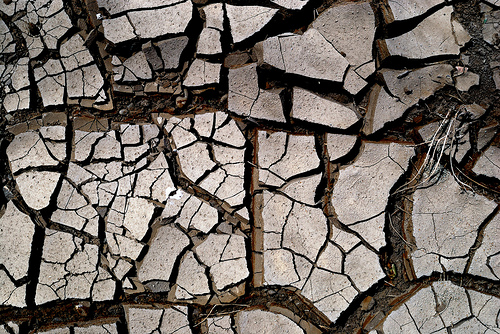San Joaquin Valley water prospects ‘remain as if we are in a fourth year of drought’ despite Sierra snowpack
By Kate Campbell
Assistant Editor
Issue Date: February 3, 2010
As a panel of leading scientists convened last week to examine information used to restrict water transfers from the Sacramento-San Joaquin Delta on behalf of protected fish, the state’s water supply situation took on new complexities. Water districts and elected officials in the San Joaquin Valley criticized the U.S. Department of the Interior, charging it had mischaracterized a water-supply announcement. Then, at the end of the week, water agencies serving the western San Joaquin Valley asked a federal court for a temporary halt in water restrictions intended to benefit delta smelt and salmon. The Westlands Water District and the San Luis and Delta-Mendota Water Authority, which serve farms and communities in western Fresno and Kings counties, filed for a temporary restraining order in U.S. District Court in Fresno. The water agencies asked the court to issue a temporary order that would allow some of the fresh water currently being lost to the Pacific Ocean to be channeled into storage. “Under the federal rules, the more it rains, the more water we lose,” said Tom Birmingham, Westlands general manager. “It’s particularly tragic because there’s no evidence the fish are actually benefiting from these restrictions.” … “It’s the heart of the rainy season, and with so much water due to flow through the delta in the coming weeks, it’s crucial that we look closely at the science that’s affecting the operation of the delta pumps,” she said. “If it turns out that the restrictions don’t truly benefit the fish, then the government should act quickly to restore movement of project water to, and through, the delta diversion facilities.” … Meanwhile, the economic damage from water shortages in the San Joaquin Valley continues, Birmingham said, stressing that the region “must have some relief. The Westside cannot survive another year of devastating cutbacks in our water deliveries. People are losing their homes, their businesses and their life savings. The harm these restrictions are doing is irreparable.” Despite the January storms that returned the Sierra Nevada snowpack to above-average levels (see related story, Page 7), Birmingham said the western San Joaquin Valley’s water prospects “remain as if we are in a fourth year of drought.” (Kate Campbell is an assistant editor of Ag Alert. She may be contacted at kcampbell@cfbf.com.)
